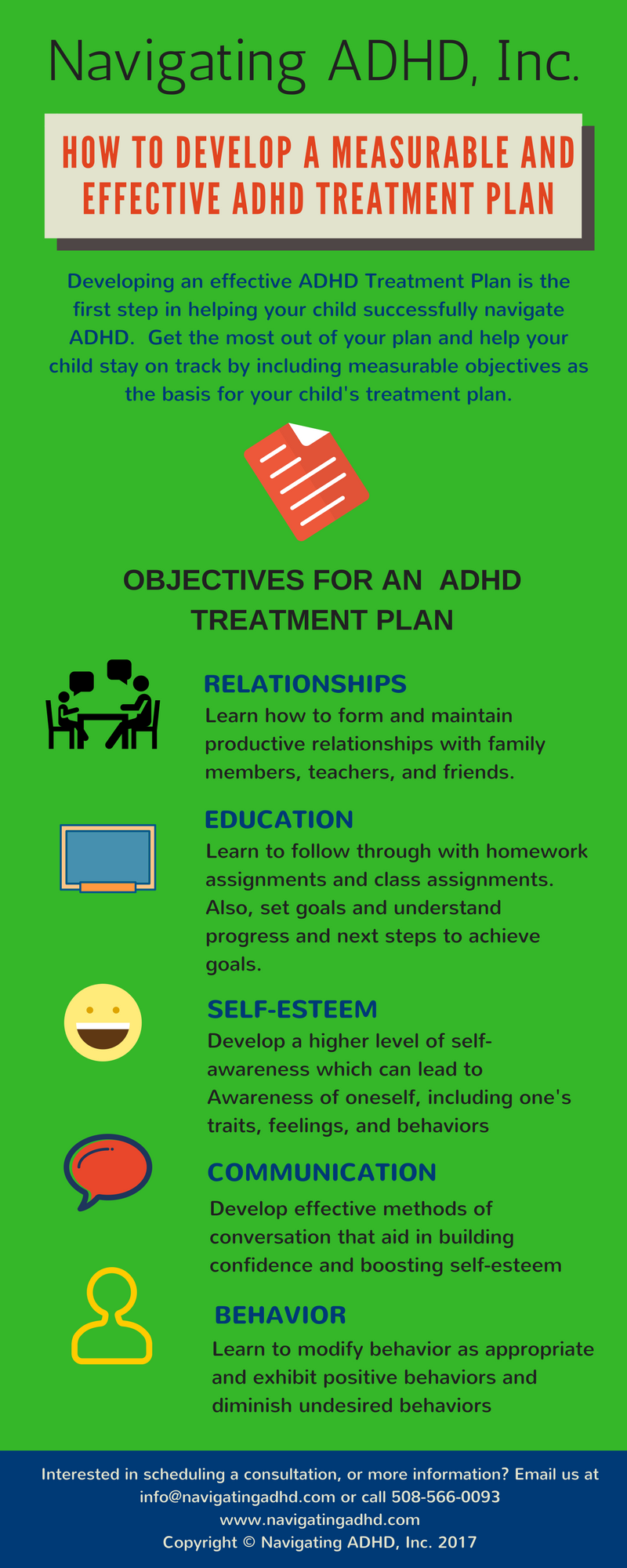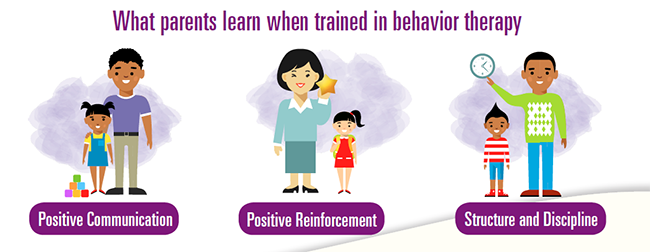Telehealth Psychiatrist Services for Accessible Mental Health Support
Telehealth Psychiatrist Services for Accessible Mental Health Support
Blog Article
The Benefits of Tailored ADHD Treatment Strategies for Better Outcomes
The application of personalized ADHD treatment plans has arised as an essential strategy in boosting healing outcomes for individuals affected by this condition (ADHD treatment). By acknowledging the unique symptoms of ADHD in each individual, these tailored interventions advertise greater engagement and motivation, inevitably leading to a lot more reliable coping methods.
Recognizing ADHD Variability
Although Attention-Deficit/Hyperactivity Problem (ADHD) is frequently perceived as a particular problem, its indications can vary considerably among individuals. Gender differences also play a duty, as men are much more frequently detected with ADHD and typically display a lot more overt symptoms, whereas females might offer with less apparent inattentiveness.
Furthermore, individuals with ADHD might experience a spectrum of emotional and behavior obstacles, such as anxiousness or opposite defiance, that can make complex diagnosis and therapy. The communication of these factors can lead to varied experiences of ADHD, demanding a nuanced understanding of the disorder. It is additionally worth noting that ADHD can offer in a different way across numerous social contexts, affecting just how signs are identified and dealt with. This understanding emphasizes the relevance of recognizing ADHD as a complex problem, which requires personalized techniques to therapy that think about the unique demands and experiences of each individual.
Key Parts of Personalization
Customized ADHD therapy strategies are based in several crucial components that make sure effective monitoring of the problem. First, a comprehensive evaluation is important, involving standardized rating scales, interviews, and behavior monitorings. This comprehensive assessment enables clinicians to comprehend the individual's distinct signs, strengths, and obstacles.
Second, the involvement of several stakeholders, including moms and dads, instructors, and the person, adds to a holistic sight of the individual's requirements. Cooperation fosters a helpful atmosphere that can adapt to the individual's context and lifestyle.
Third, treatment plans need to be versatile and adaptable, enabling modifications based upon recurring responses and the individual's developing demands. This versatility makes it possible for the integration of numerous healing approaches, such as behavior treatments, psychoeducation, and medicine administration.
Additionally, cultural and contextual aspects need to be thought about. Identifying the person's history, worths, and choices ensures that the therapy is pertinent and respectful.
Last but not least, regular follow-ups and analyses are necessary to keep track of progression and make required modifications. By concentrating on these key parts, personalized ADHD therapy strategies can substantially improve the effectiveness of interventions, bring about enhanced results for people with ADHD.
Improved Engagement and Motivation
To properly promote improved involvement and motivation in individuals with ADHD, it is crucial to incorporate methods that reverberate with their passions and strengths. Customized treatment plans that line up with an individual's passions can bring about boosted engagement in restorative tasks, cultivating a sense of possession and interest for the procedure.
Making use of interactive and imaginative methods can additionally substantially enhance inspiration. For example, incorporating gamification aspects or real-world applications of skills can make jobs much more attractive and pertinent. This not just catches focus however also strengthens discovering through delightful experiences.
In addition, setting achievable and purposeful objectives tailored to the person can bolster motivation. When individuals see their progression towards directly substantial purposes, they are more probable to remain engaged. Normal feedback and acknowledgment of achievements can additionally receive motivation, developing a positive feedback loop that motivates continued initiative.
Lastly, fostering an encouraging atmosphere where individuals feel recognized and valued can significantly influence their engagement degrees. When treatment strategies are established collaboratively, incorporating input from the person, they are more probable to feel invested in their trip, inevitably resulting in enhanced results in managing ADHD.
Improved Coping Methods
Establishing enhanced dealing methods is important for people ptsd psychiatrist near me with ADHD, as it furnishes them with effective tools to navigate daily challenges. A customized treatment plan permits the recognition of particular coping mechanisms tailored to the person's distinct needs and situations - ADHD treatment. Methods such as mindfulness, time management skills, and organizational techniques can be incorporated into day-to-day regimens, cultivating a feeling of control and reducing anxiousness
Mindfulness techniques, including reflection and deep-breathing workouts, assistance people with ADHD concentrate their attention and manage their feelings. Time monitoring techniques, such as utilizing timers or damaging tasks visit our website right into smaller, convenient actions, can mitigate sensations of overwhelm. Furthermore, organizational devices like planners and lists can enhance effectiveness and liability.
Long-term Positive End Results
Carrying out tailored ADHD treatment strategies can bring about significant long-lasting positive results for people. These customized approaches, which think about one-of-a-kind signs and symptoms, preferences, and life situations, help with much more effective administration of ADHD signs with time. By concentrating on the particular needs of the individual, these plans improve adherence to therapy procedures and foster better involvement in healing activities.

Furthermore, tailored treatment strategies can dramatically minimize the threat of comorbid conditions, such as stress and anxiety and depression, which are frequently related to ADHD. Early intervention and consistent assistance help people develop durability and coping approaches, promoting total mental wellness.
Eventually, the long-lasting favorable outcomes of tailored ADHD therapy plans not just boost the high quality of life for people yet also add to their overall well-being and success in various life domain names. This holistic approach underscores the importance of individualized care in taking care of ADHD properly.
Conclusion

Report this page